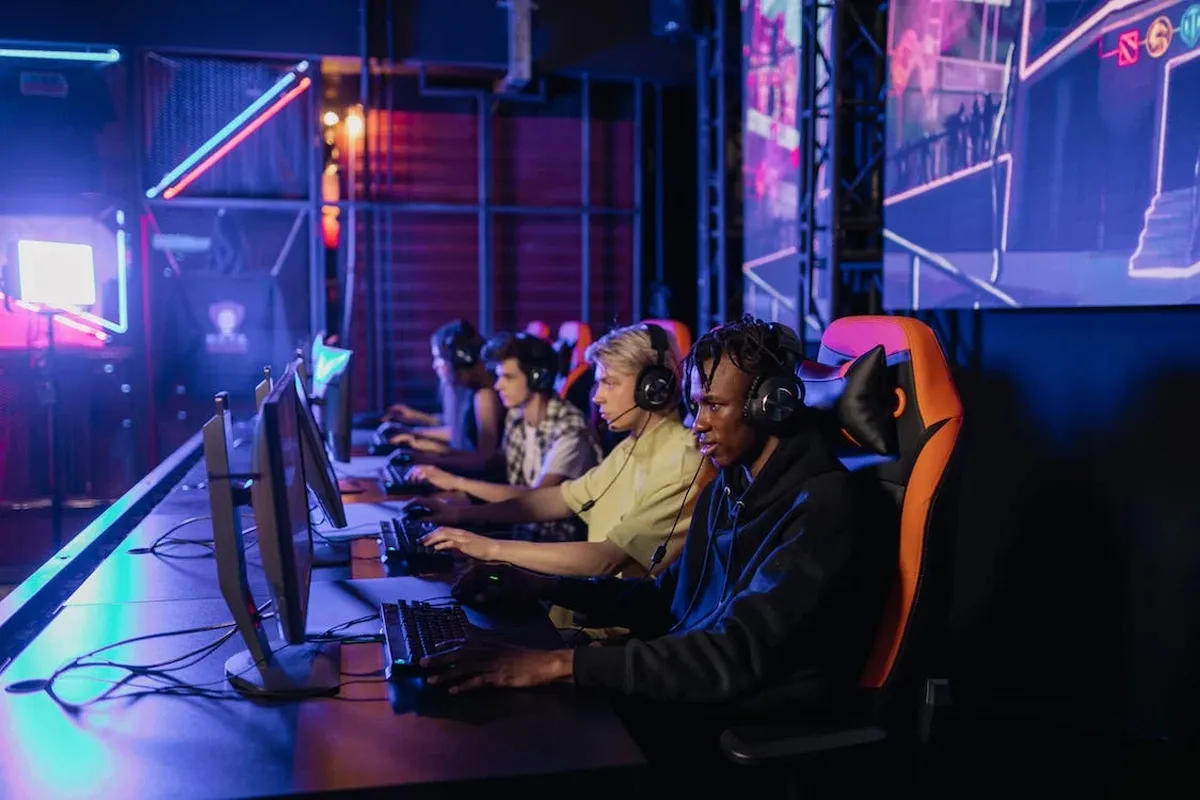The world of online gaming has experienced rapid growth over the past decade, driven largely by two powerful platforms: mobile devices and personal computers. Each platform offers unique advantages and attracts different types of gamers. As the gaming community continues to expand, the debate over which platform dominates has intensified. While mobile gaming leads in terms of user numbers and accessibility, PC gaming remains a powerhouse in performance, competitive play, and immersive experiences. Understanding the strengths and limitations of both platforms helps clarify which truly holds the top spot in online gaming.
Mobile gaming has revolutionized the way people access games. With billions of smartphones in use globally, nearly anyone can become a gamer with just a simple download. Popular titles like PUBG Mobile, Free Fire, Mobile Legends, and Clash Royale have drawn in massive audiences. The appeal lies in convenience—players can enjoy online games anywhere, at any time. This accessibility has made mobile gaming a global phenomenon, especially in regions where high-end PCs are less affordable. Mobile games are also generally easier to learn, which broadens their appeal to casual players. Free-to-play models with optional microtransactions further encourage user engagement and revenue growth.Visit Online Betonklik for more details.
On the other hand, PC gaming continues to lead in technical performance and competitive gameplay. High-end PCs offer powerful graphics, faster processing, and more precise controls. These advantages are essential for games that require quick reflexes and strategic thinking, such as Valorant, Dota 2, League of Legends, and Counter-Strike: Global Offensive. The esports scene is largely centered around PC games, with professional leagues, tournaments, and large cash prizes. PC gamers often invest heavily in their setups, including monitors, keyboards, and gaming chairs, reflecting a deeper level of engagement. Additionally, PCs support a vast ecosystem of mods, indie titles, and cross-platform experiences that mobile devices cannot easily replicate.
Despite the differences, both platforms are beginning to overlap. Many popular PC titles have mobile versions or spin-offs, such as Call of Duty Mobile and League of Legends: Wild Rift. At the same time, advancements in cloud gaming are making it possible to play high-quality PC games on mobile devices. Services like Xbox Cloud Gaming and NVIDIA GeForce Now are helping to blur the lines between platforms. This cross-platform trend suggests a future where players can enjoy seamless gaming experiences regardless of their device.
In terms of revenue, mobile gaming holds the edge, contributing to nearly half of the global gaming market. This dominance is driven by in-app purchases, advertising, and the sheer volume of users. However, when it comes to the depth of gameplay, community engagement, and professional opportunities, PC gaming still sets the standard. Gamers who seek high-performance graphics, competitive esports, and a more immersive experience generally prefer PCs.
Ultimately, the dominance of mobile or PC gaming depends on how you define success. If it’s based on accessibility and player count, mobile gaming is clearly on top. But if it’s measured by competitive play, technical superiority, and game complexity, PC gaming remains unmatched. Rather than one platform defeating the other, the future of online gaming likely lies in their coexistence. Each serves different audiences and continues to evolve in response to technological advances and player expectations. As gaming grows more interconnected and diverse, both mobile and PC will play crucial roles in shaping the next generation of online experiences.





